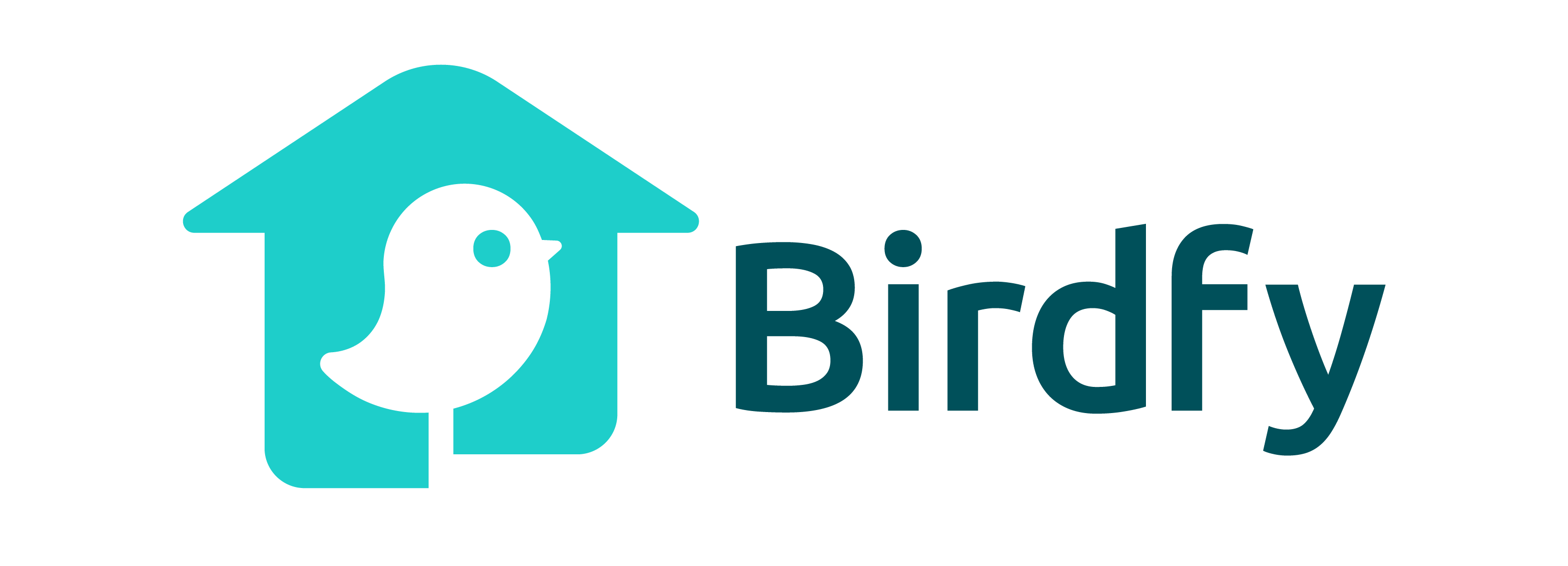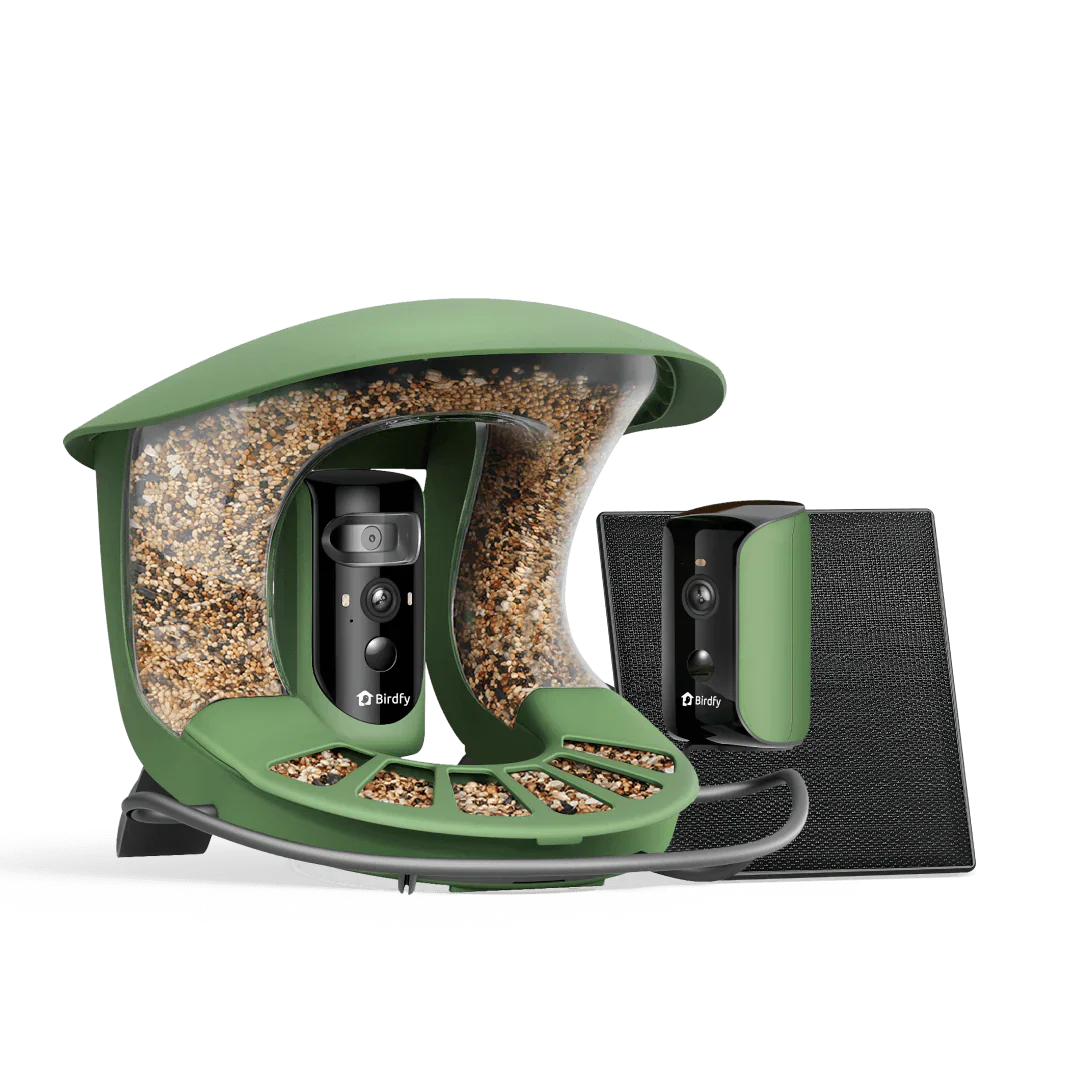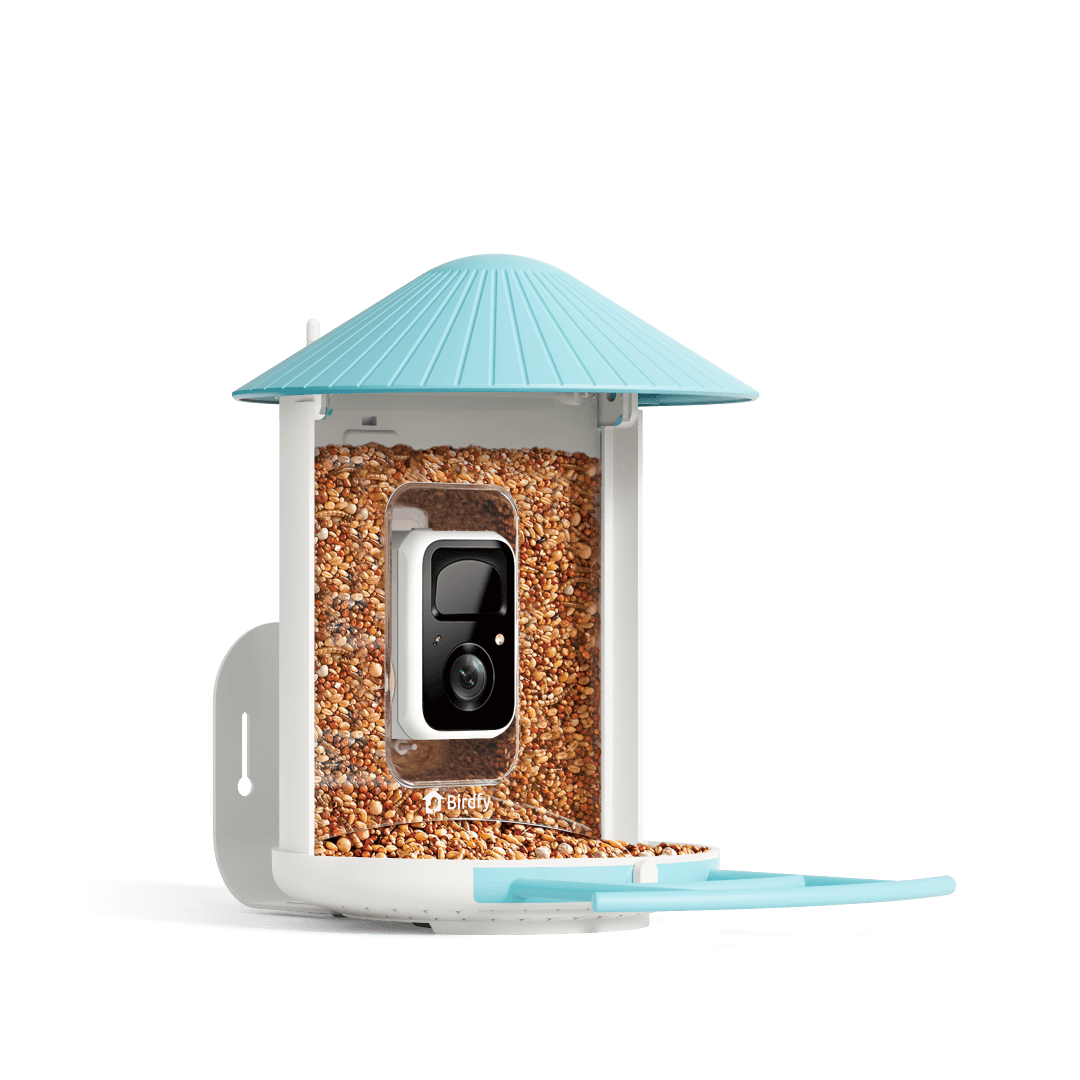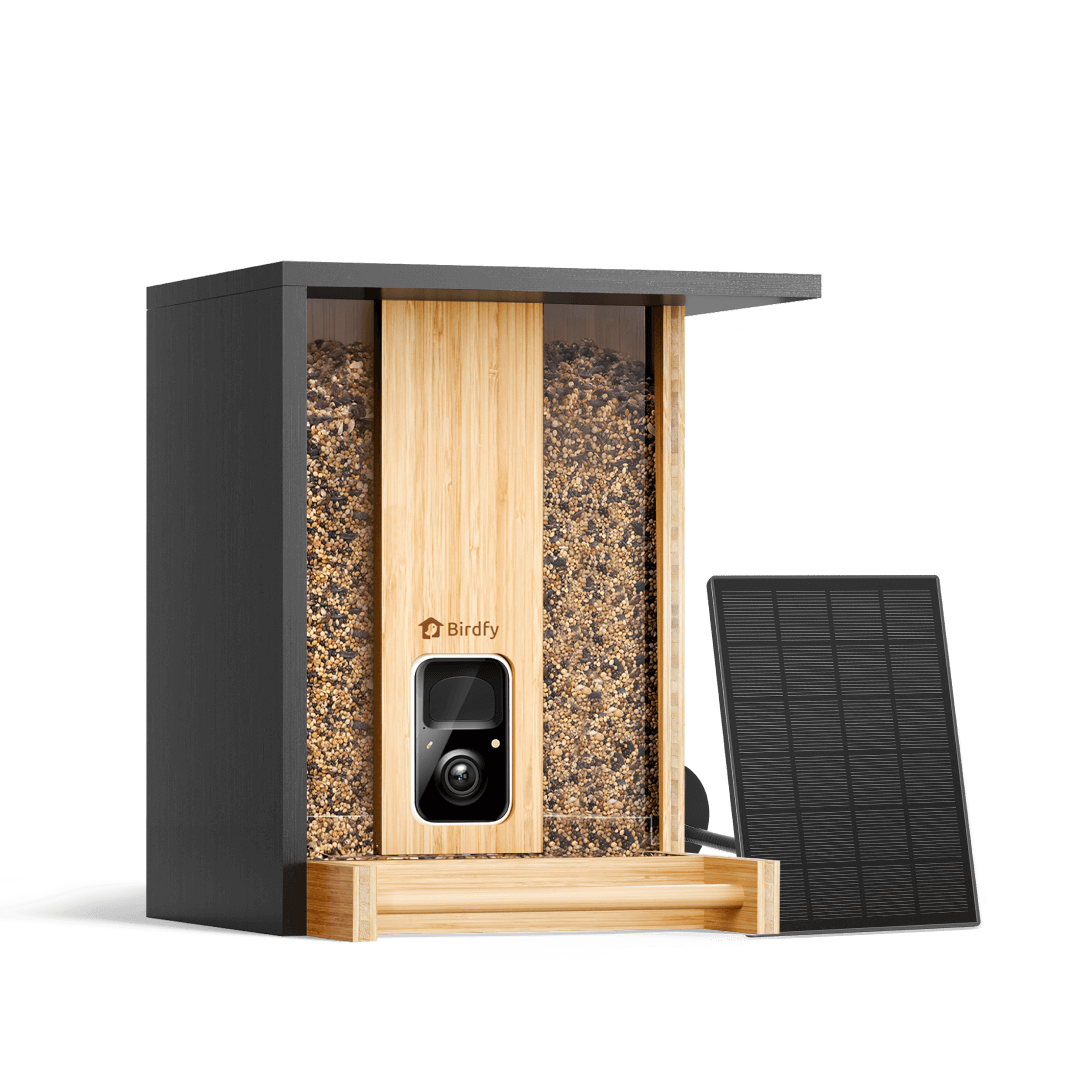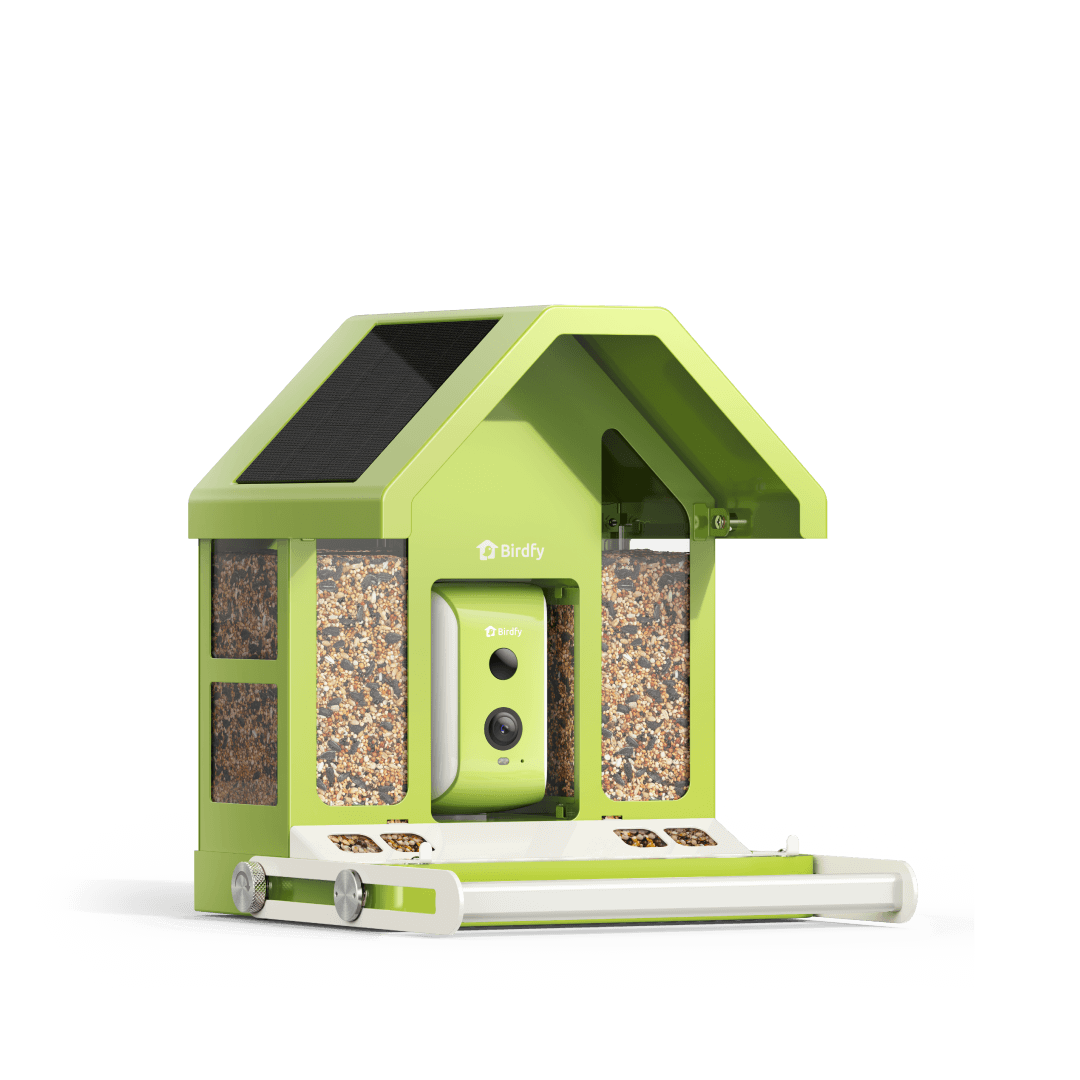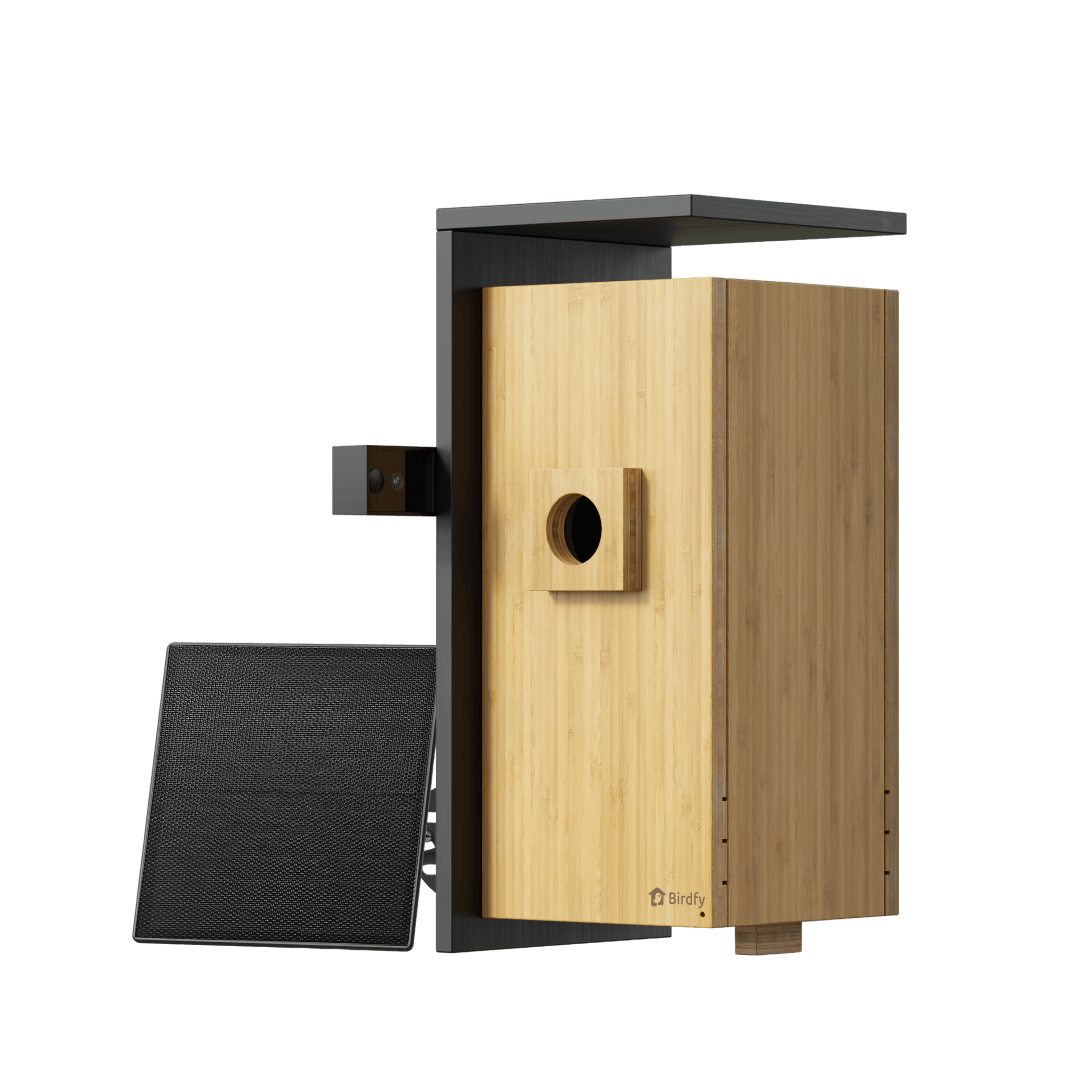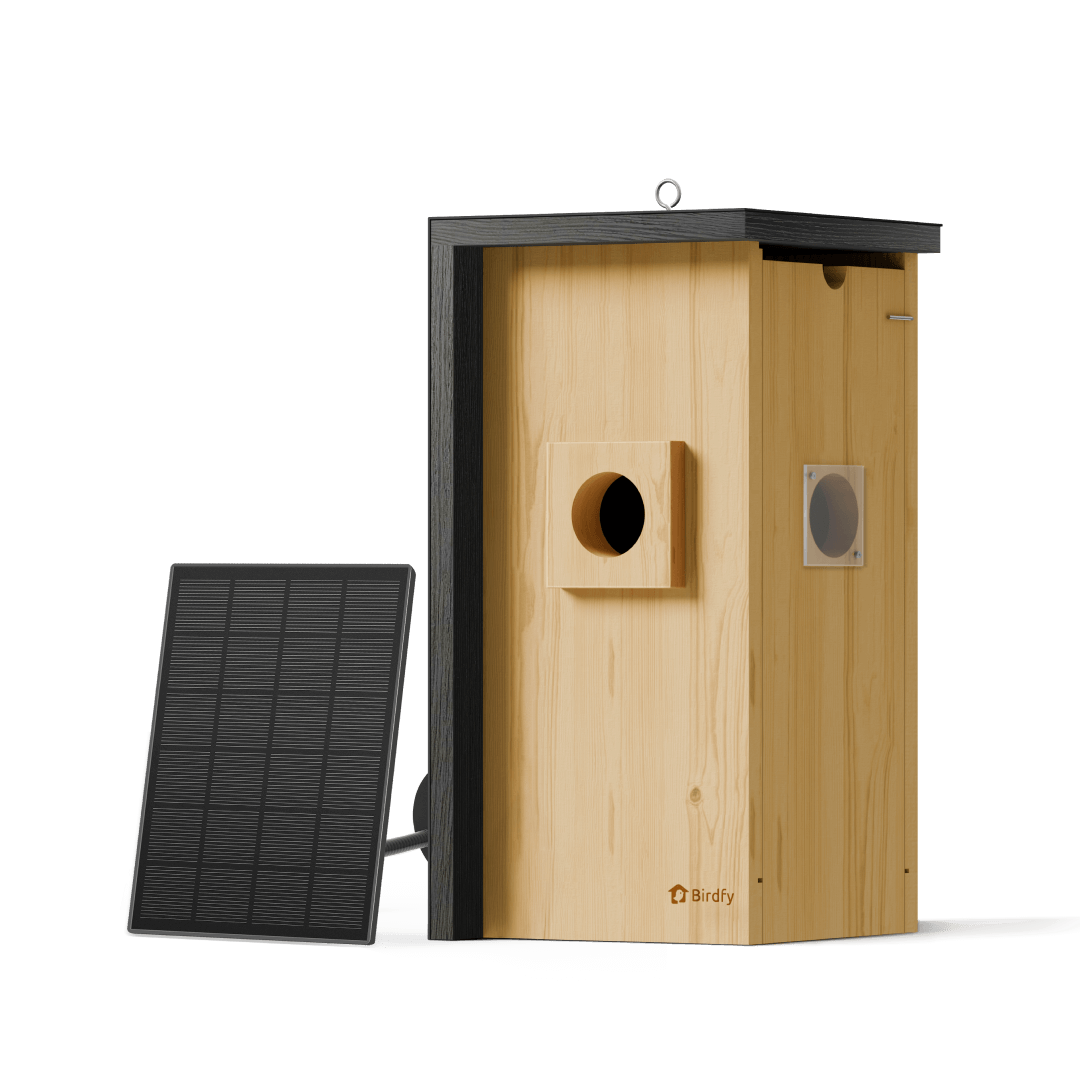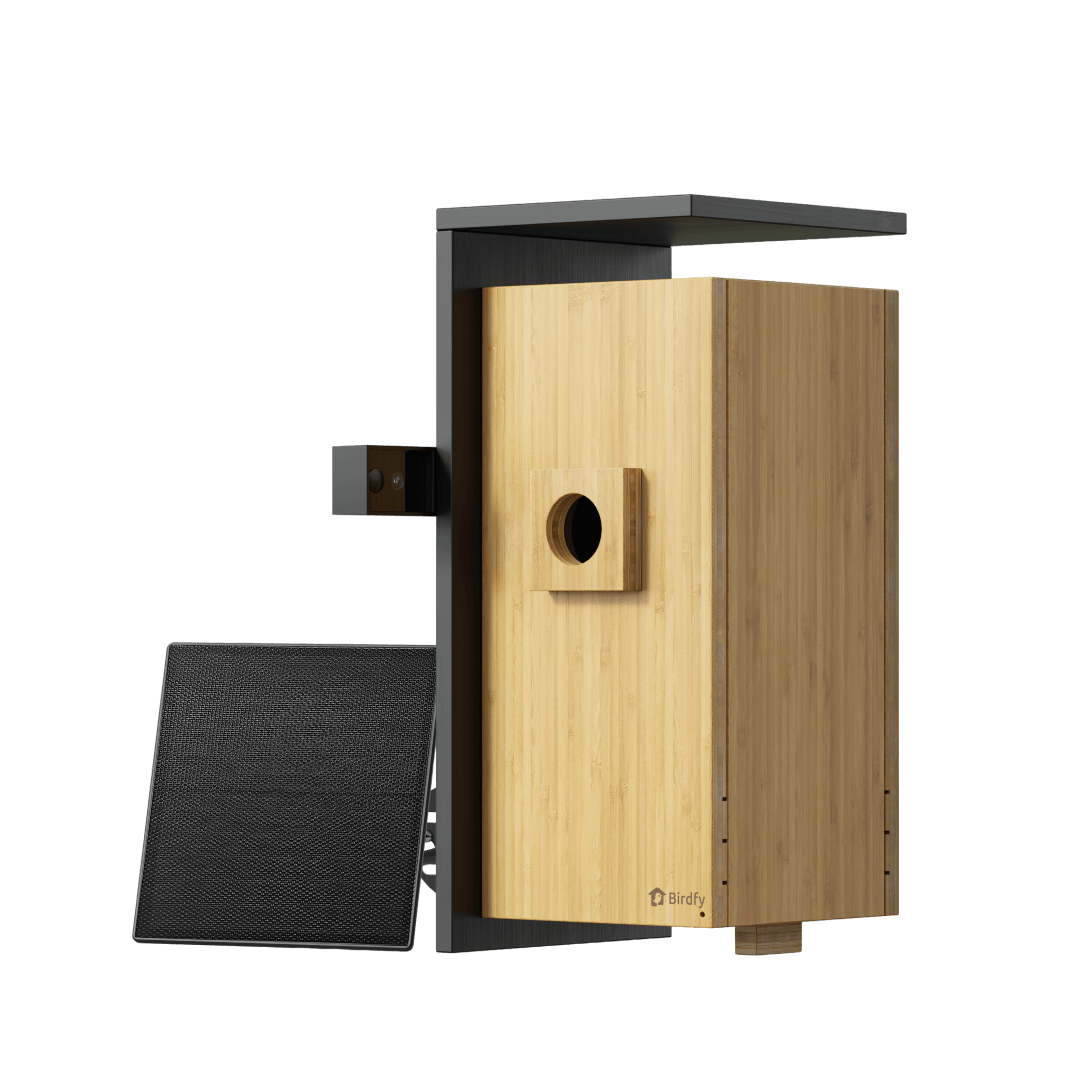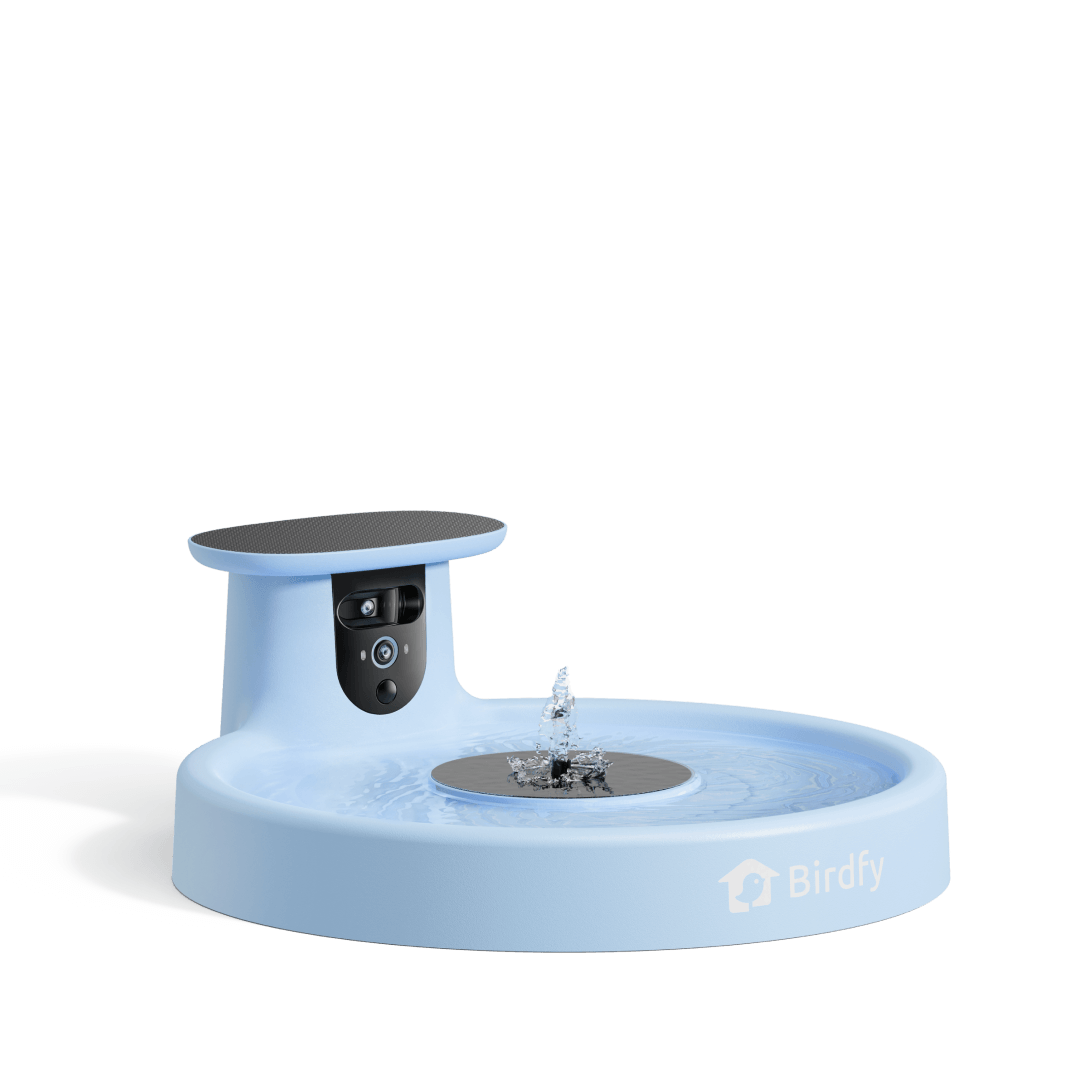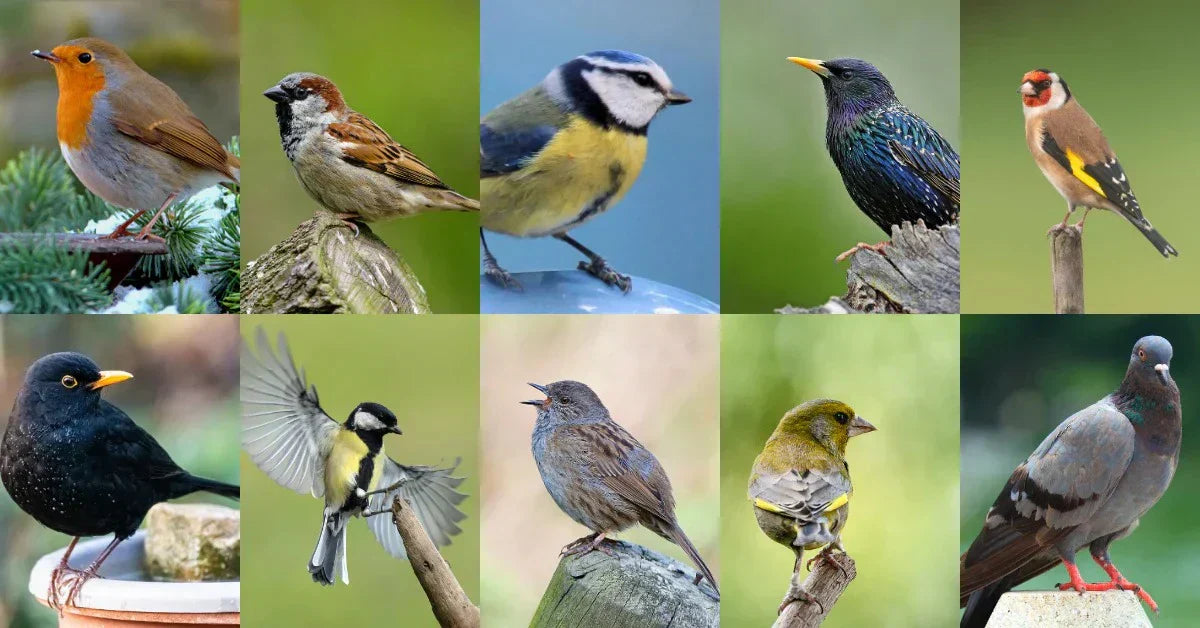why do we watch birds?
Dr Stephen Moss, Global Consultant, NETVUE Birdfy
As a lifelong birder – now into my seventh decade – I reflect on the many reasons why we enjoy watching birds; and how what was once a niche hobby, practised mainly by men, has become one of the world’s leading leisure activities, open to all.

Browse through the natural history section in any good bookshop – on either side of the Atlantic – and you’ll find plenty of field guides, helping you identify the birds you see in your garden, backyard or further afield. There’ll also be books telling you where to go to see birds: the best locations, and the best time of year to visit; and one or two volumes giving you practical advice on taking up the pastime.
Nowadays, you’ll also find a wide selection of more personal publications – under the banner often dubbed ‘new nature writing’ – in which the authors write personal, memoir based books, portraying their personal relationship with the natural world, and sometimes involving difficulties in their life that they have overcome through spending time with nature, such as grief, addiction or loneliness.

This idea – that nature is ‘good for you’ – is certainly not new, but it has definitely come to the foreground in the past decade or two. How this happened, and what it means for our future relationship with birds, the places they live, and the rest of the natural world, is something I will now explore, through my own lifetime’s experience.
Birding begins at home
I recently filmed a video for the Birdfy website, in which I recalled the huge changes in the way we feed birds since I was growing up in the 1960s.
During that period, of little over half a century, these changes have been profound. The shift from a casual approach to attracting birds to your garden or backyard, to the current array of high-energy foods, designer feeders and high-tech equipment such as the Birdfy camera feeders, has been little short of incredible.

For many birders – including me – our passion began at home: either when we were a child, or later in life. Noticing the birds that regularly visit leads first, to a curiosity about their identity – what is that incredibly colourful creature?! Then we begin to wonder what they are doing – their habits and behaviour – which then progresses to the desire to find out about them and their lives. Where do they go in winter? Why do males and females of some species look different and others the same? And where can I find out more – and see even more different species?
That curiosity leads, in turn, to metaphorically ‘stretching our wings’ and heading away from where we live to explore other birding sites in the local area – and eventually beyond, either in our own country or abroad. Before you realise it, you’ve become a fully-fledged birder!
The benefits of birding
Like all hobbies, birding is much more than a mere pastime – for most of us, it soon becomes a way of life. That’s partly because unlike mammals, which are mainly hidden from view, or insects, which disappear for half the year, birds are everywhere.

As I sit and write this in my garden office, birds such as European Goldfinches, Great and Blue Tits, Collared Doves and even the occasional Great Spotted Woodpecker, are visiting my Birdfy camera feeder. I can enjoy watching them ‘in real life’, but also, using the Birdfy app, watch the day’s highlights, often in the comfort of my sitting room. And of course when I am away from here, either close to home or on my travels to far-flung places across the globe, I can check-in to the app and see what is happening live in my garden!
And wherever I go – again, from my local patch down the road in Somerset, to locations all over the world – I will see birds: some common and familiar, others new, rare and very exciting, such as the Mountain Peacock-pheasant and Siberian Blue Robin, or the seven species of hornbills, I encountered on a recent visit to Borneo in South-east Asia.
And the wonderful thing about birds is that whether I have never seen them before, or have watched them for six decades, they are still so special, beautiful and endlessly fascinating.

I’m sure I have always known that birds and birding enhanced my life – how could they not?! But the realisation that spending time in nature is genuinely good for my physical and mental health and well-being – now proven by many academic studies as well as borne out by our own lived experience – certainly enhances my life in a very real and positive way.
Social benefits of birding
In his 1999 book Hobbies: Leisure and the Culture of Work in America, the US cultural and economic historian Steven M. Gelber traced the development of hobbies from the late nineteenth century to the end of the millennium, and how increased leisure time and rising financial and economic well-being enabled many people – mainly, though not exclusively, men – to take up various activities in their newly-found ‘spare time’.
Although he did not focus specifically on birding, many of his conclusions – including the idea that hobbies were seen as an acceptable and ‘useful’ substitute for work at weekends and during holidays – are very relevant. We enjoy birding not just because of the birds, and the places we visit, but because it also enables us to spend time with like-minded people of all ages, genders, races and backgrounds.
Most people tend to have a fairly narrow social circle of friends, of about their own age, background and social group. But my birding friends and acquaintances range from teenagers to pensioners, and come from a very wide range of social backgrounds. When I recall days out birding or birding trips abroad, it is often the time spent with people that are the best memories.
Birding also provides a purpose in life – not the only one, of course: work, friends and family are equally if not more important. But for me, birding is an anchor that, whatever else is going on in my busy life, provides stability and continuity. I also have the added bonus that by turning my hobby into my job – or in my case, jobs – it has brought innumerable benefits to my life. As a wildlife television producer and author I have travelled the world to see, film and write about birds; and now, as Global Consultant to Netvue Technologies, I am enjoying a new way of looking at and enjoying birds – and meeting people!
Economics of the hobby
One factor that makes it difficult to take up many hobbies is cost. Take sailing, photography and mountaineering – three very varied examples. All are great fun and rewarding, but all require a major investment in equipment, travel and so on. At a time when many people around the world – even in North America and Europe – are struggling with the cost-of-living crisis, many hobbies and pastimes are simply out of reach, financially speaking.
Birding can cost a fortune: some people invest in high-end optics costing many thousands of dollars or pounds, and travel the world on expensive bespoke trip, setting you back many thousands more. But alternatively, you can spend just a couple of hundred pounds or dollars on a second-hand pair of binoculars, buy a cheap field guide for a few more, get hold of a pencil and notebook, and simply go outside your front door – the birds will be there! And that applies equally to people living in towns and cities, where the birds are not only often more varied and abundant that so-called ‘wild places’, but are tamer and easier to see.
Accessibility and Inclusivity
Of course, not everyone is able to access key birding locations, due to physical disabilities or health issues. Although this may limit the range and number of different species you will encounter, it definitely does not limit the enjoyment you can get by seeing or listening to birds around your home. That’s again where Birdfy is such an incredible development: allowing us to enjoy birds wherever we are.
Finally, when I recall what birding was like when I was growing up, the word ‘inclusive’ would definitely not come to mind. Almost all birders were older men – often either shy, unsociable or simply downright rude to youngsters like me. Women and girls were very few and far between, as were people of colour or differently-abled people; and all were often put off birding by negative experiences they had in the field when encountering those so-called ‘experts’.
I would never claim that such negative experiences are totally a thing of the past – however much we would prefer it to have gone, prejudice and thoughtlessness still exist. But things have changed hugely for the better: when I go out birding today – in Britain or abroad – I meet a huge range of people from a panoply of genders, races and social backgrounds.
That’s been hugely helped by like-minded people getting together to enjoy birding collectively: groups such as Flock Together for people of colour in the UK, and Birdability for differently abled people in the US; as well as special groups for LGBTQ+ birders – all of whom are very welcoming to other birders.
And events such as the Biggest Week in American Birding in Ohio, which I enjoyed attending with the Birdfy team this year and will be speaking at in May 2025, and the perennial Global Birdfair, which began in 1989 and which I have attended every year since 1992, help bring birders from all over the world together – and discover that they have a lot more in common than anything that might divide them.
That is why, despite all the issues and problems we face around the world, I am supremely hopeful for the future of birding!
Share
